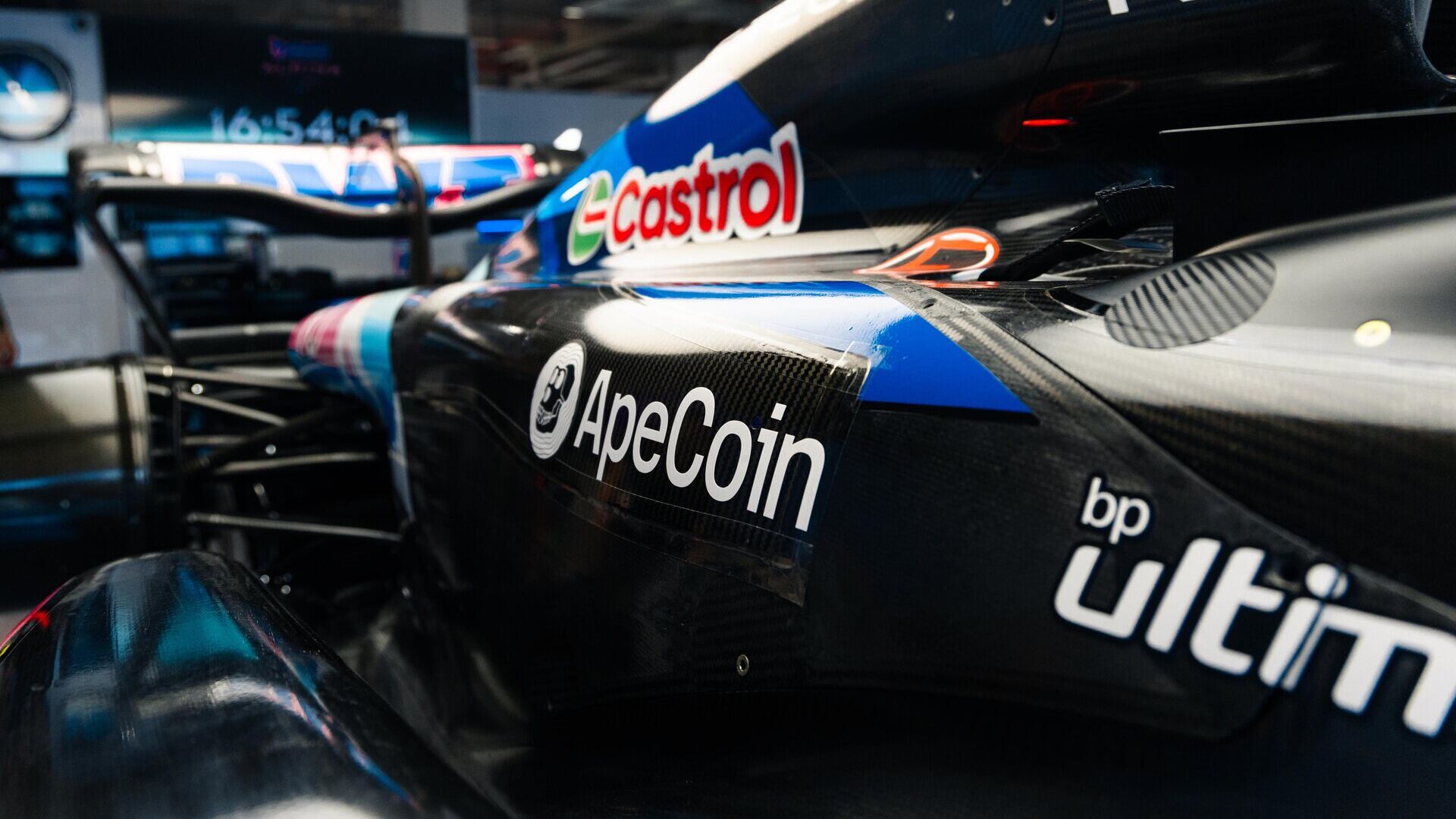Stefano Epifani: "Future generations also have the right to innovate"
For the President of the Foundation for Digital Sustainability there is an "ethical" marker for the various types of innovation, all enabled by technology
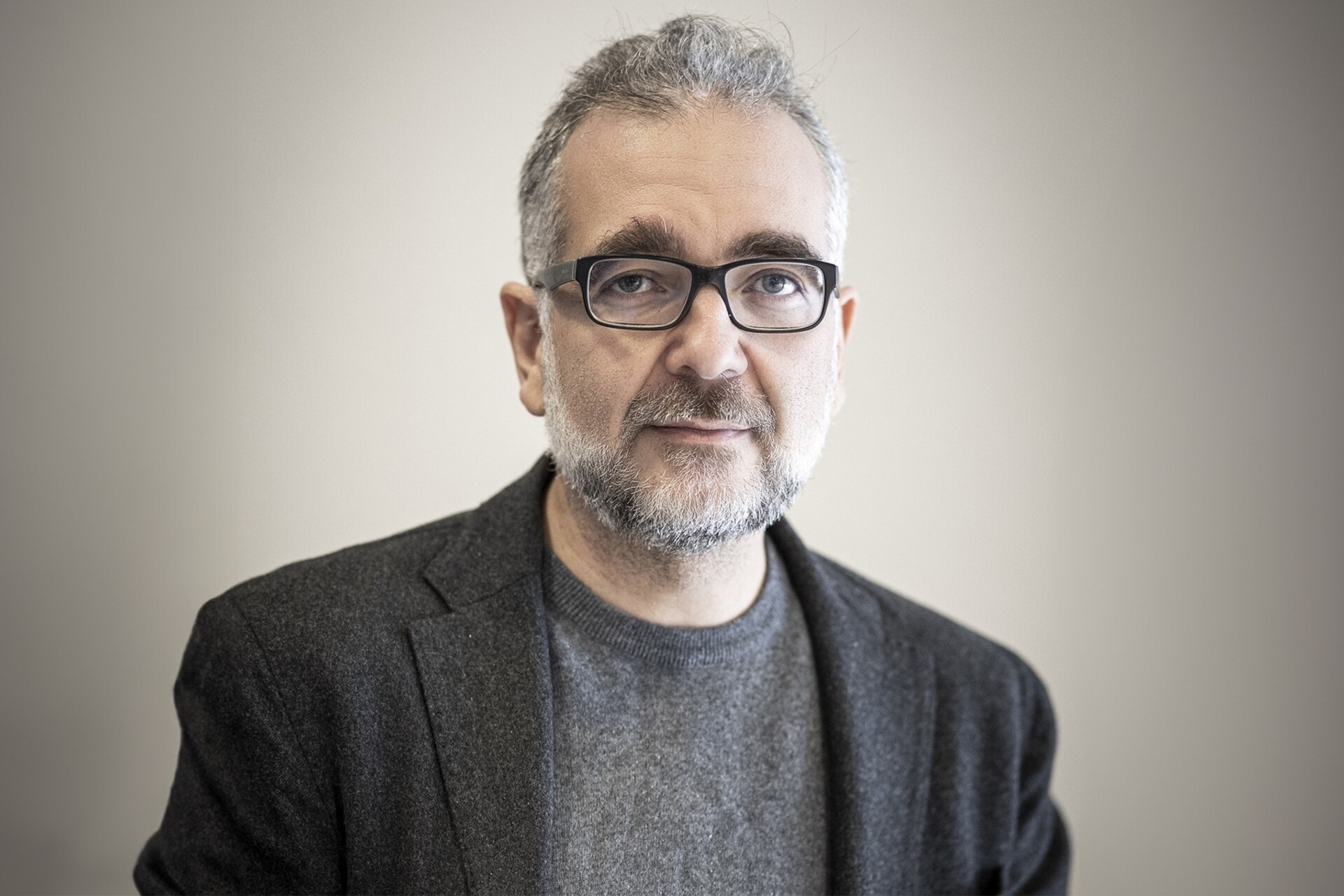
Stefano Epifani is President of the Digital Sustainability Foundation, the first research institution of this kind in Italy to deal with the relationship between sustainability e digitization.
He taught Internet Studies for fifteen years at Sapienza, the main university in Rome, and is now professor of Digital Sustainability at the University of Pavia.
He is advisor for the United Nations on the impacts of digital transformation in process management sustainable urban development.
He is also the author of numerous publications on the topics of digital sustainability, digital transformation, e-business, knowledge management, the most important of which are worthy of mention: "Manual of online political communication" (Istituto di Studi Politici San Pio V, 2011); “Deciding Innovation” (Sperling & Kupfer, 2006); “Learning Community: collaborative models of knowledge management” (Franco Angeli, 2004); “Business Community: managing intellectual capital in the knowledge economy” (Franco Angeli, 2003); “Internet for Writers” (Jackson Publishing Group, 1996).
Discovery is the main engine of those who pursue new ways of approaching the world, a true engine of innovation.
Stefano Epifani he is therefore the right person to continue our series of interviews with curious minds, who put their talent in favor of new discoveries, whether they are the main architects of them, or who make them possible, creating the fertile ground.
We had a long chat with him (sometimes lively) about innovation, about how it is actually made possible and, above all, about the various interpretations that our current society gives it.
Themes also addressed by his latest book, "Digital Sustainability: why sustainability cannot do without digital transformation", for which a ad hoc website.
Paolo Cherubini: "This is how fake musical instruments 'fit'"
In a book, today's jobs between digital, media and social networks
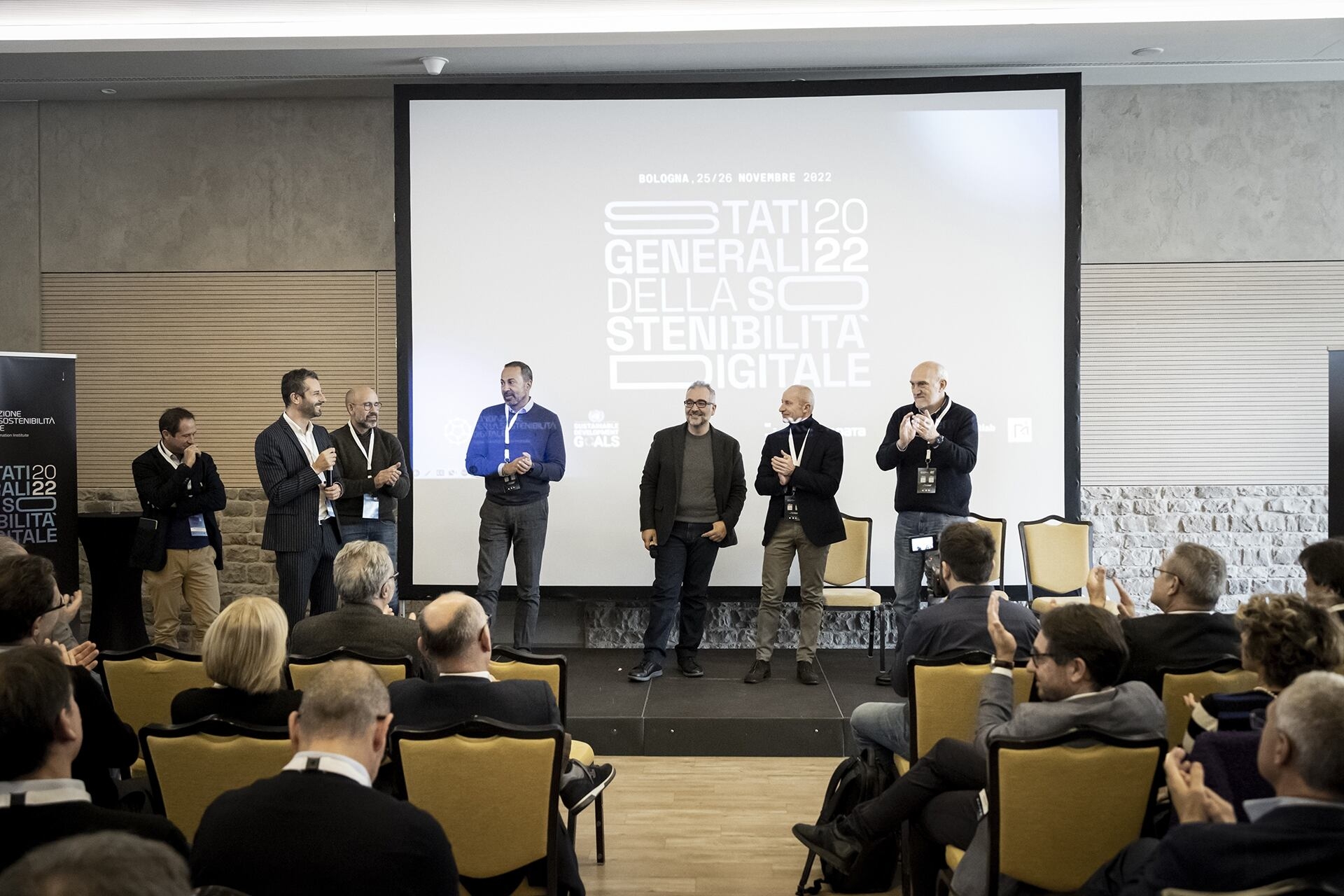
The watchword today is often "innovation", but it is a window wide open on possible scenarios and infinite fields. So what is it that makes innovation thrive and progress?
“There are different types of innovation, first of all: product, process, market and so on. All types of innovation are united by the principle that it is technology that enables them, therefore that makes them possible. To make it prosper, however, are a set of factors ranging from orientation to improvement. In this regard, we must ask ourselves what we mean by improvement. If it is true that innovation represents a change that stabilizes, but which in fact tends towards the positive, what is it that makes it so? From my point of view, the essential feature is sustainability. By sustainable, however, I do not mean the widely used concept now, which inserts this word only in the environmental context. Sustainability means 'the ability to meet one's own generational needs without compromising the ability of future generations to meet their own. And, therefore, that future generations can do the same', to use the definition given by the United Nations World Commission for Energy and the Environment in 1987”.
Valter Fraccaro: "AI without ethics is not true intelligence"
The duty of training for the transition to sustainability
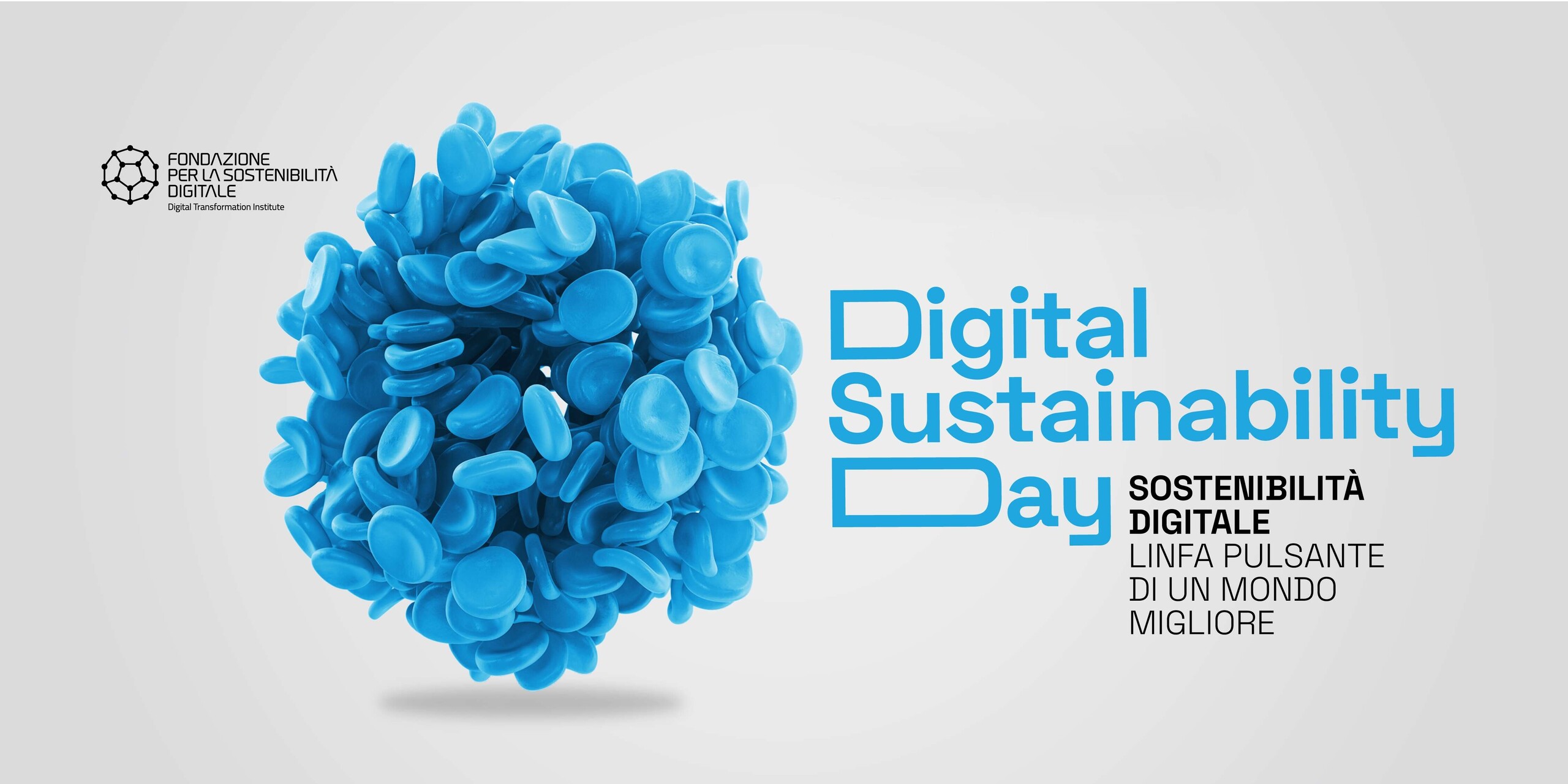
To what extent do you share the UN's approach and point of view?
“I made this definition my own because it looks at a system dimension. It is not a 'do-good' definition. Today it is fashionable to say, with respect to these issues, that we must 'think positive'. This isn't about thinking positive or being optimistic about the future. It is a question of thinking about the future tout court, and to do this we must understand that the vision according to which the future must be sustainable is the only possible vision, as it is the only one that projects the problems we have to face into a systemic dimension . 'Leave no one behind', the payoff of the UN 2030 Agenda, certainly has a social value, but it is above all a systemic consideration. If in our growth path we leave someone behind, we unbalance the system, and we too will fall behind again. Sustainability it does not mean consuming less, but consuming better; it does not mean reducing, it means optimizing; it doesn't mean wasting, it means building circular models. Today we know that natural resources are limited. When we look at availabilities, we must do so with the idea that they should be available, not only for us, but also for future generations. In this way the sustainability it becomes a technical matter, dealing with balancing pieces of the world at different stages of development. Innovation is the need to build support systems for those dynamic systems. When we talk about digital sustainability we are talking about one very precise thing: we use technologies to support i sustainability criteria, and we must look at sustainability as a criterion of use for technological development".
Giovanni Zappatore: "It is MedTech that gives concrete help"
South Tyrol heimat of digitization and sustainability
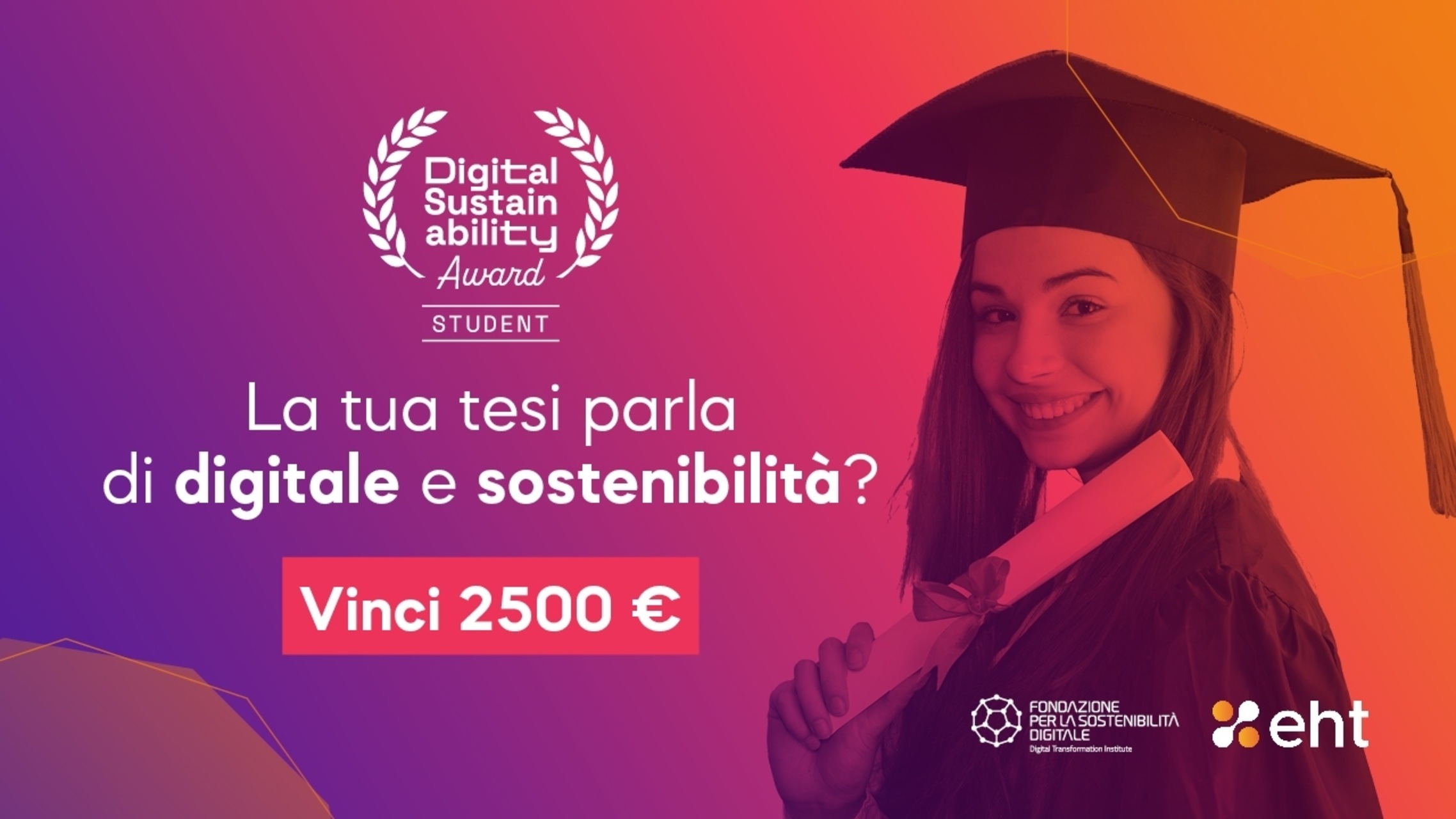
Let's talk about creativity, the principle behind innovation. To be functional, creativity must be educated and directed. If a person wants to become a specialist in his own field, is it better to verticalize, therefore to read up more and more on the subject, or to be more horizontal, exploring nearby fields and subjects that compose it?
“Both answers are true. It depends on whether you want to become the best surgeon in the world at treating the nail of the little finger of the left hand, or if you want to become the internist doctor able to make an overall analysis of the patient's conditions, to realize that the problem to the nail does not depend on a local problem, but on a systemic problem. However, both must understand how their work will change according to the development of technology. Take for example the phenomenon of the moment, ChatGPT. This tool will radically change our world and our work: not by making it disappear, but by changing it. The same happened in 1865 with the 'Red Flag Act', when the British government tried to limit the car to favor earlier methods of travel. We have to choose whether we want to be coachmen, warners or chauffeurs. If we understand how our way of working can improve based on new technologies, then our role will become more and more valuable. For example, Harvard University is eliminating diagnostic imaging courses because theartificial intelligence it is already today more performing than a human being. However, it is replacing it with Data Science courses, so as to allow tomorrow's doctors to better interface with the new tools. The real question remains: how sustainable is all of this? Technology always increases jobs: the problem is that it doesn't necessarily take them where it destroys them…”.
Riccardo Esposito: “Blockchain will impact us all…”
Digital efficiency, innovation and inclusiveness are the order "remedies".
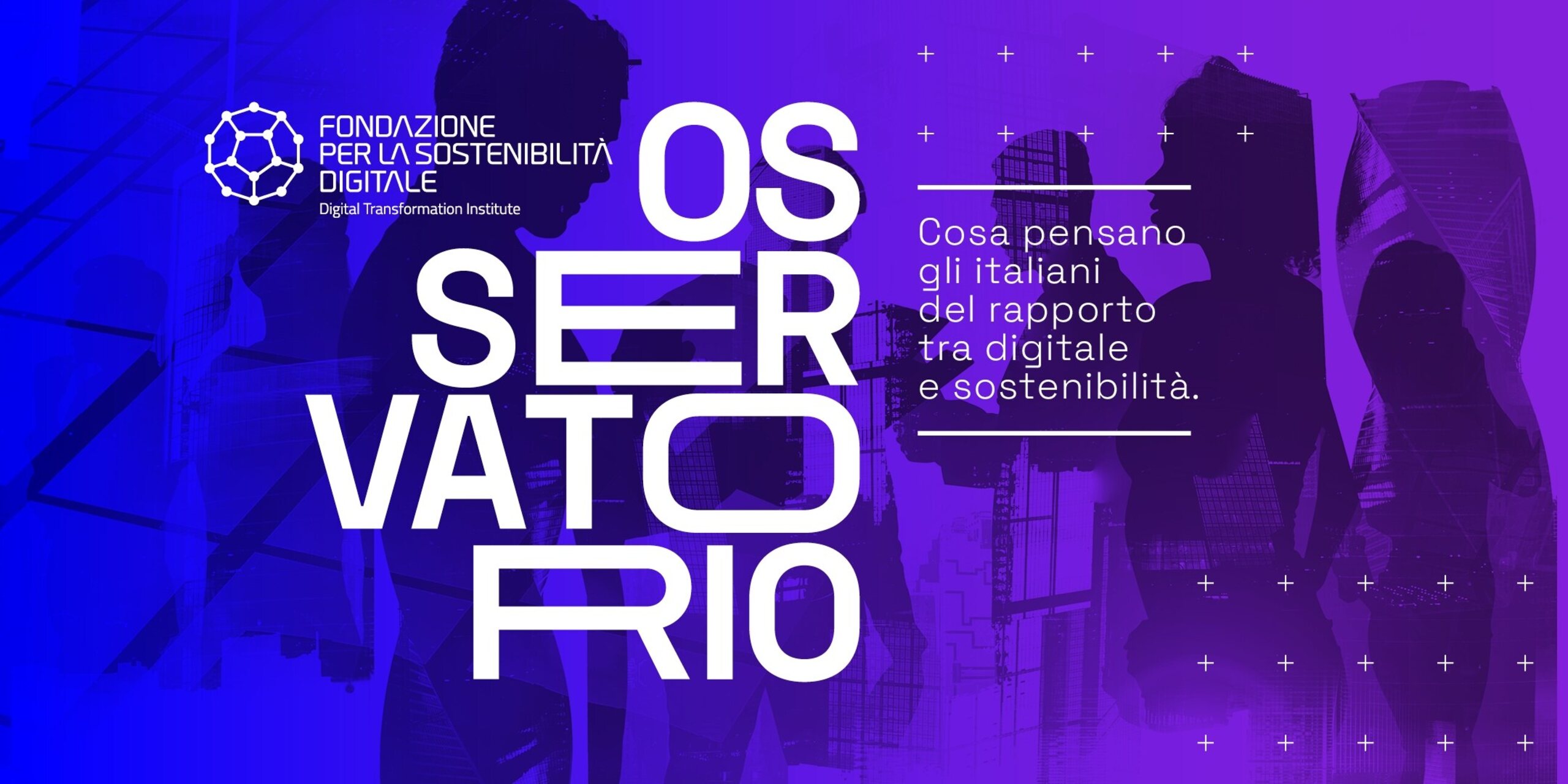
What if we tried to question ChatGPT on a topic that is particularly close to our hearts? What results would we have if you asked her for us about the difference between artificial intelligence and human copywriters?
“I gladly do it, and I report the difference in sequence. Knowledge of the target audience: human yes, AI no; storytelling: human yes, AI no; marketing: human yes, AI no; creativity: human and AI, both yes; persuasive writing: both yes; autonomy: both yes; learning: both yes; costs: high and variable depending on use. The result of the experiment is that ChatGPT has two limitations: it doesn't create new things and it feeds on existing sources, introjecting their shortcomings without the possibility of reasoning. For this reason, if you ask him for wealth, he will show you a white man, and if you ask him for poverty, he will show you a black woman. This means that it will produce content about those biases, while continuing to feed a limited perception of reality”.
So how do we solve the problem of job losses?
“Simple: where possible, with reskilling; where we cannot, we will also intervene, in extreme cases, with forms of subsidy to those who are 'damaged' by the change”.
Francesca Veronesi: "A Foundation 'with a father's heart'"
The key innovation and sustainability of Audi's arrival in Formula 1
Young people and new technologies: the tendency is to say that boys and girls are isolated, distant from the world and out of touch with reality because they close themselves up in a fantasy universe of likes and social networks, in which the vision of what surrounds them is staggered. The typical response to this phenomenon is to say: “Let's ban them”. That is, only the playful dimension of the phenomenon is perceived and not a reality that opens up to many scenarios…
“The quick response is 'Okay, Boomer.' The extended answer is that this is the view of someone who finds himself in a world he does not understand. We are used to being misdirected towards problems. In reality, if I go to Instagram it is full of adults who live on likes, confusing popularity and relevance. People willing to pay insane amounts to take a photo on a yacht, in order to show themselves with a comfortable lifestyle that they really don't have. This is because recounting an experience is more important than living it. Adults are convinced that young people, being digital natives, are capable of exploiting the media contexts in which they move. But in reality these digital environments were built by adults, to be used in a way that is functional to the business model of whoever created them. To make a difference, we need to stop being simple users and understand the logic behind the platforms, making the most of them. This makes the difference between a passive society and an active change society. In this historical moment we find ourselves in front of three categories of people: those who try to understand technology and realize that they don't have the tools; those who use them as a 'young old man', looking for the like; who wants to ban them. However, technology cannot and must not be stopped: it must be oriented as far as possible. Having the right strategy would allow us not to let slices of the population succumb and to go much faster in the technological process. This means making innovation sustainable, because the sustainability it becomes a horizon culture that guides the steps forward in progress, giving it the right criteria".
Diana Engetschwiler: "More attention to Romandie, Ticino and PMI"
Venice World Capital of Sustainability, projects and the future
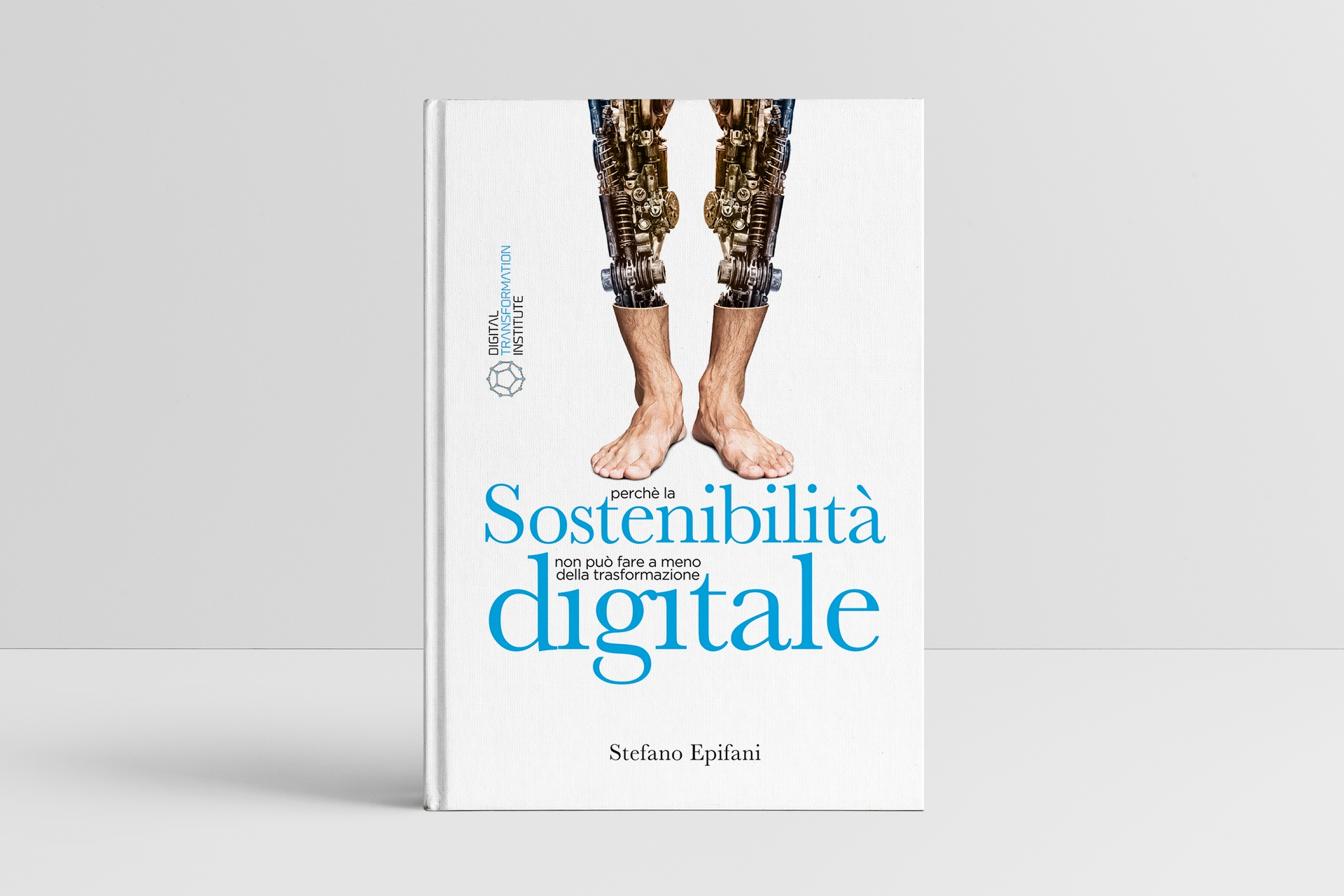
Let's talk about data security. People don't really understand what data security means and the risks that their use by platforms can entail.
“This happens because one is missing technological awareness, not only by users, but also by those who should manage the advance of tech itself. This is because we do not realize how much this permeates our lives. If before the concept concerned only people who had a computer, today, being the digitization so pervasive, it affects everyone. We are used to using our computer devices as if, to stay safe, it was enough to turn them off. A bit like closing the door before leaving the house. We do not have a culture of safety either as individuals, or as companies, or as institutions".
What is the first step to climb to resolve the situation?
“Ours is not just a problem of skills, but of awareness, because if I'm not aware of what I need, I won't even take care of having the skills to pursue it. Therefore we must develop a culture of safety, which generates awareness, which thus becomes the engine for acquiring skills".
Stefan Zwicky: "We are a great resource for internationalization"
Sustainability: the United Arab Emirates (and not only) protagonists of 2023
You are a professor at the University of Pavia. What do you wish for your students?
“The ability to understand that there are no simple answers to complex problems. Our society often leads us to confuse complexity with complication and consequently to reduce simplicity to simplification. So what I would like to pass on to them is not so much the ability to find the answers, but to ask the correct questions. It makes little sense to teach kids about technical matters, because they change faster than the time it takes them to graduate. It makes little sense to give structured answers because the world is complex, and therefore answers change as events unfold. So the only thing we can do is build a system where people stay curious and ask questions systemically. If we enable young people to do this, perhaps we will have made a small contribution to creating people capable of surviving what awaits us…”.
Edoardo Volpi Kellermann: “Feelings and technology are at the center”
Lugano global beacon of digitization and crypto economy
The digital transformation process of companies in the words of Professor Stefano Epifani
The Internet of Things and digitization domotics in the words of Professor Stefano Epifani
The change of meaning in the digital revolution in the words of Professor Stefano Epifani
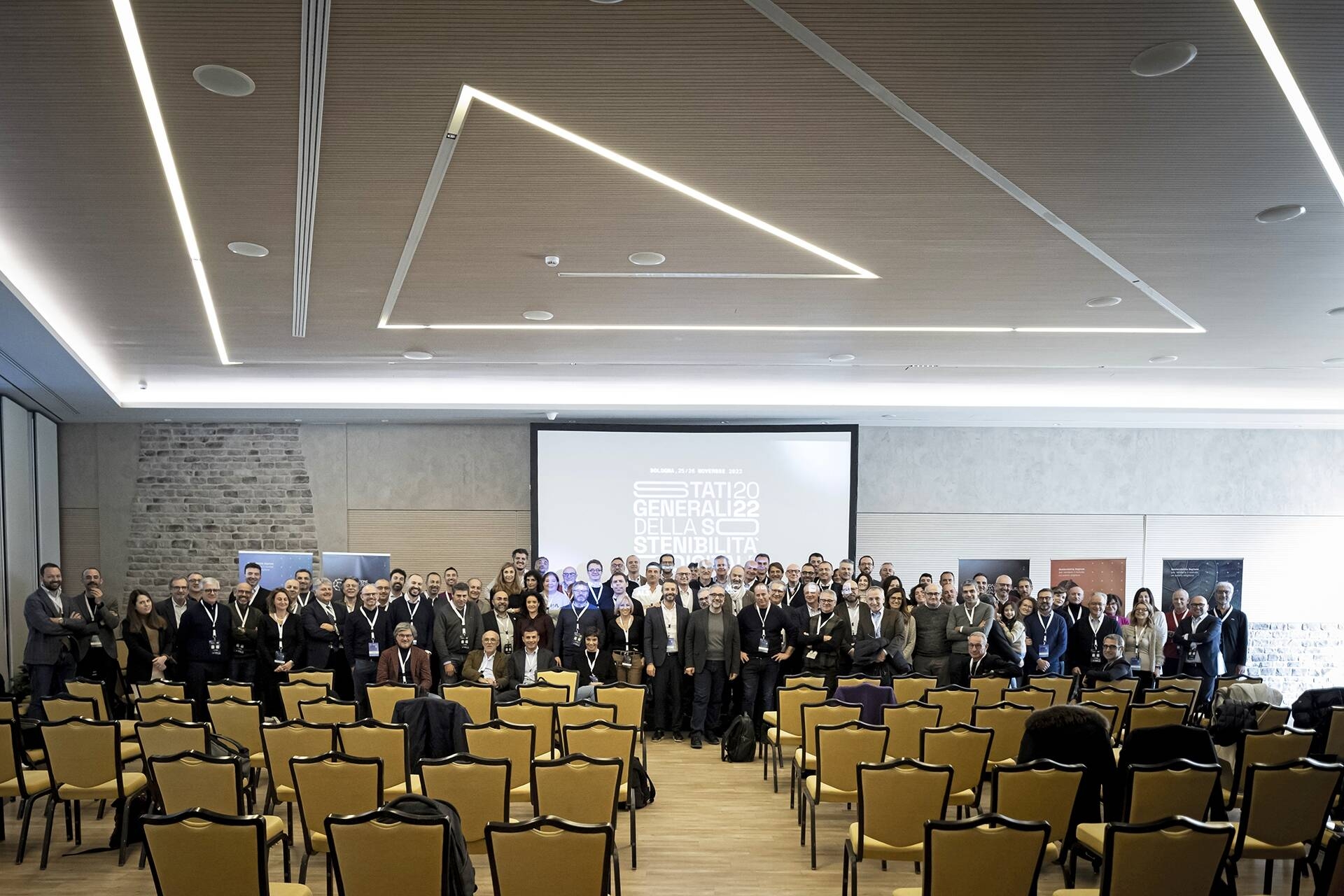
You may also be interested in:
An innovative refuge for wildlife at the Locarno military airfield
The DDPS specialists acted on the perimeter hedges of the Sopracenerino airport, creating a place of retreat and source of food for the animals
by Editorial staff Innovando.NewsEditorial staff of Innovando.News
A DAO in Formula 1 from the agreement between ApeCoin and BWT Alpine
The Decentralized Spinning Skull Organization and French Team Will Activate a Global Fanbase Through Real-World and Web3 Experiences
Video, the unique ecosystem of the Lötschental alpine forest
The ideal place to study the growth of trees at different altitudes in the Canton of Valais is described in a very innovative WSL film
by Editorial staff Innovando.NewsEditorial staff of Innovando.News
Taam Ja' is the deepest “blue hole” in the world: the discovery
Marine cavity probed off Yucatan Peninsula, found four times deeper than previous record-breaking sinkhole in Belize


